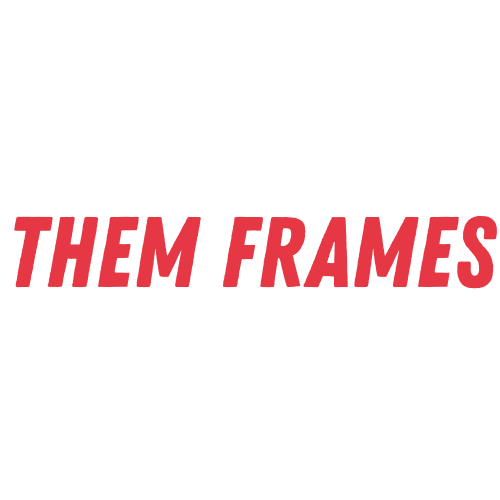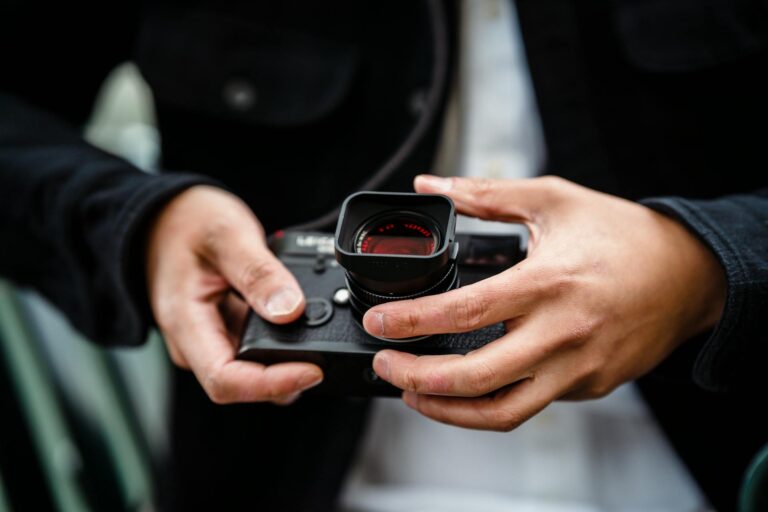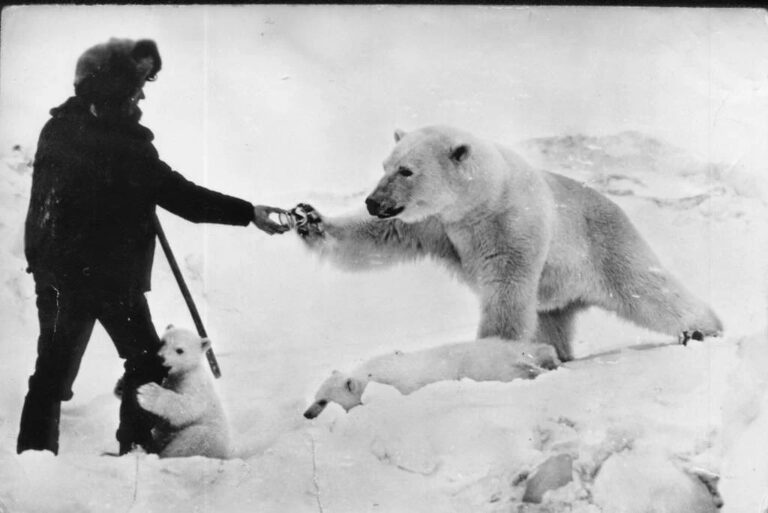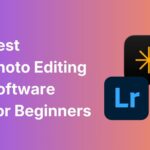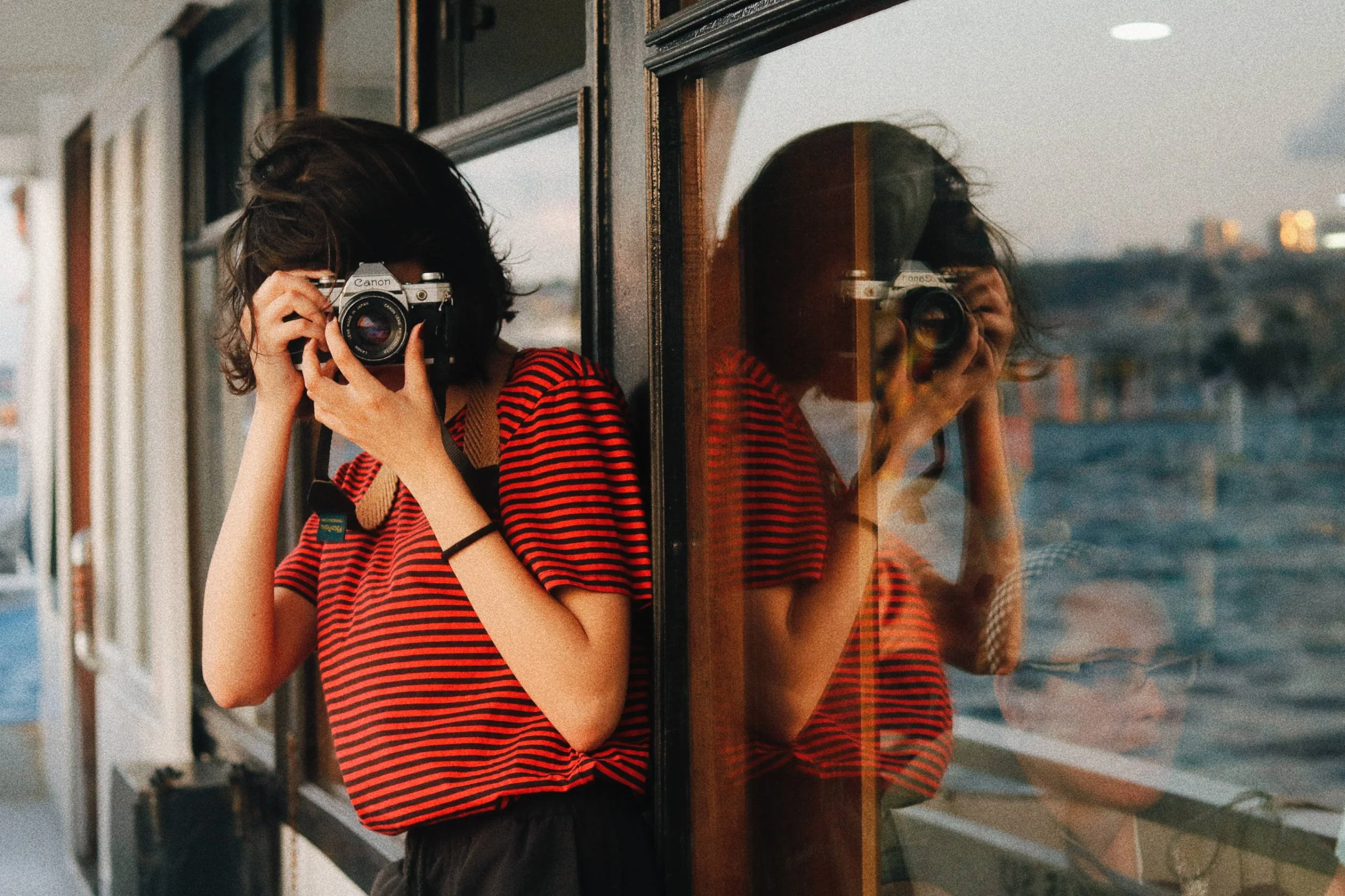
Them Frames will always champion the photos you make over the camera you use to create them. That’s because it’s not our style to overly focus on gear, although we respect that there’s a market for that type of content. Also, we’re not totally against the idea that a camera influences the way you create. As a matter of fact, we’re in total agreement with that sentiment, let me explain.
I remember when I was a young teenager ready to start high school. As is normal, I visited multiple schools prior to choosing which one I wanted to join. All the schools were good, and all of them could give me what I needed. It was one school, however, that gave me more than the specs my education required.
Upon arrival, something felt special. Call it spiritual, emotional, or psychological, whatever it was, I felt at home at that school–and that’s what it became for the next five years.
Find a Camera Like you Found a School

I believe the relationship with your camera must be the same as the school you choose or the house you buy. It has to feel right the moment it touches your hands.
Whether you’re going for entry-level, mid-range, or flagships, cameras in each category are capable of giving you what you need, regardless of the brand. Sure, some manufacturers have better specs than others, but today, they’re marginal and few people need to get lost in the minor differences.
Many photographers become too hung up on specs, and often become misguided by round-ups and reviews. While the 10 best cameras for [inset genre] articles offer value, if you look across the internet, most of them mirror each other. Use them as a guide, but never as the core foundation of your final decision.
At Home with your Camera
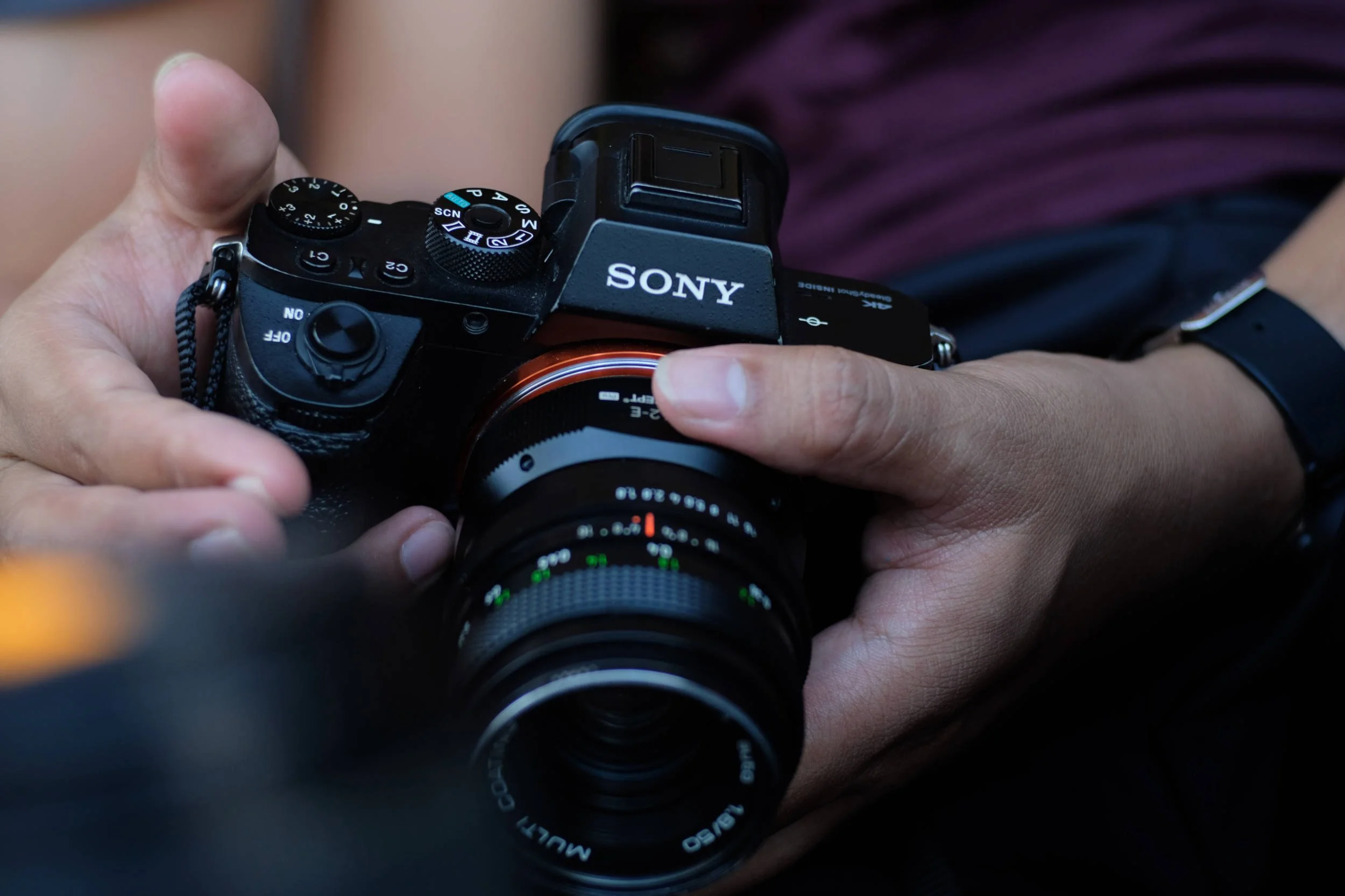
What’s most important is that your camera feels at home when it’s in your hands and that you feel like it’s an extension of you. It has to offer more than being a separate tool that allows you to create.
When you look at your camera, you want to feel excited, and you must feel inspired to go out and create photographs. So whether you’re a Canon comrade, a Fuji fan, or a Leica loyalist, as long as you’re invested in the brand and what it can do for you, that’s all that matters.
The question you’re likely asking is: How do I find the right camera for me? Of course, it’s impossible to test every camera on the market, but there are ways to get your hands on them before you commit to the camera piquing your interest. And, as a side note, I advise you to always try a camera before you buy it. Going on reviews will get you so far, but there’s no match for holding the camera and getting a sense of how it feels in the hand.
How to Sample a Camera
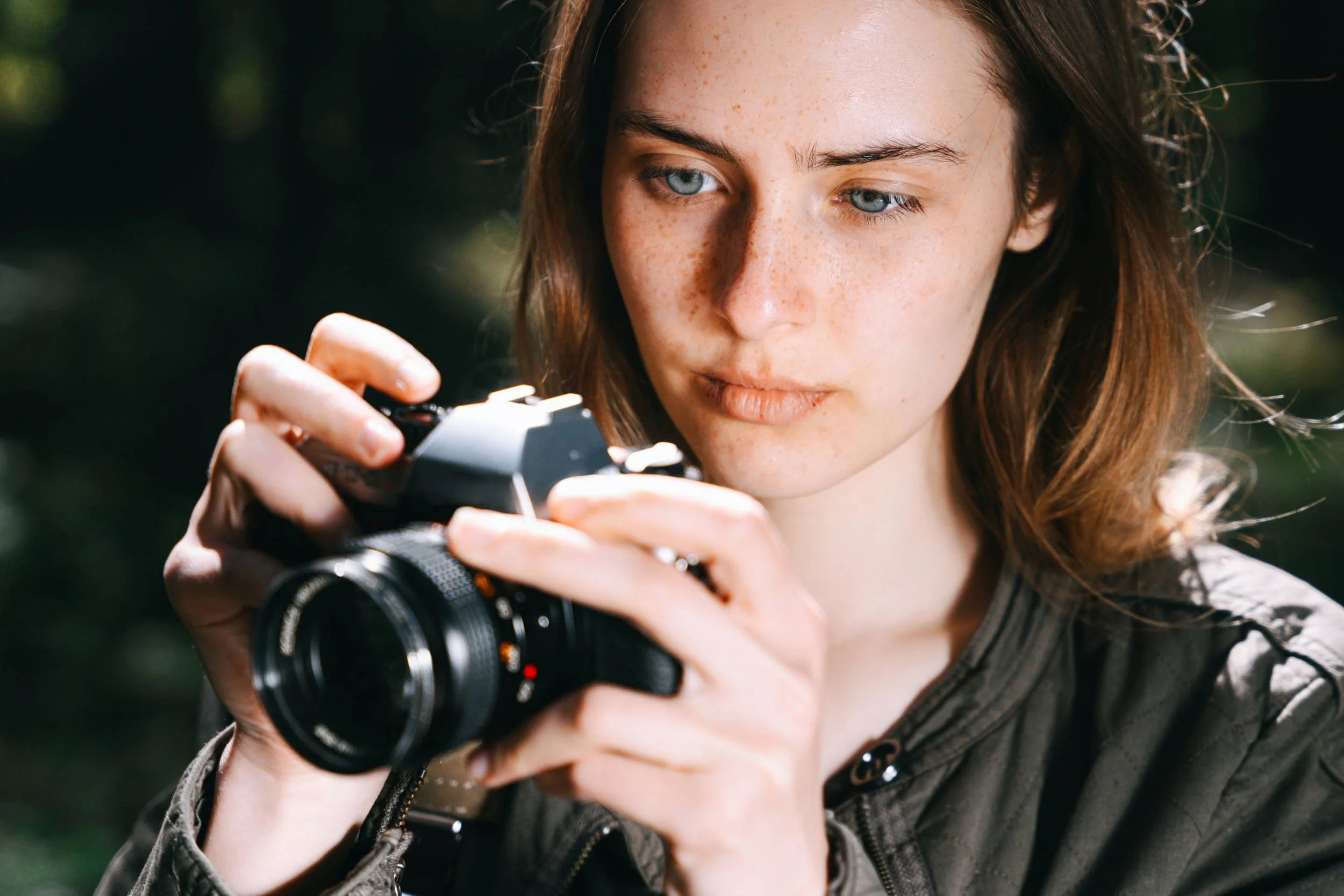
The first and most obvious method of accessing cameras is to visit your local store. Most of the staff at camera stores are photography enthusiasts and would be happy to let you spend some time with the camera before you commit to buying. Once I became friendly with the staff at the stores I frequented, they would let me use the camera (or lens) on the street for 10 or so minutes so I could really know how I felt about the piece of gear.
Independent stores are more likely to be transparent and fair with you. Rather than try to sell you the most expensive piece of kit, they’ll aim to learn your wants and needs before serving as a guide to you finding the best camera.
You can also use a rental camera for days or weeks. Google camera rentals and there’s likely going to be at least one option in your area. Renting gear helps you reach a deeper sense of how that camera feels to you on a daily basis. It helps you realize if you can develop a bond with the system, which in turn will inspire you to create the type of images you want.
You can also ask photographer friends if they would kindly lend you their camera. If they’re a little hesitant, suggest going on a shoot with them and letting you try it out in between shots.
Final Thought
While the saying “a camera is just a tool” has some merit to it, it’s not totally accurate. Sure, as time progresses and your skills advance, you should be able to make great photographs no matter which camera is in your hand.
However, your camera needs to feel special, it has to eventually become more sentimental and something you love regardless of new, fancier models. Most importantly your camera must encourage you to be at your creative best. That’s where the true value lies. It’s not about megapixels, FPS, or auto-focus speed. It’s about the psychological relationship you have with your system and how the both of you function together to create photography that you can be proud of.
What’s your camera of choice? Let me know in the comments below.
